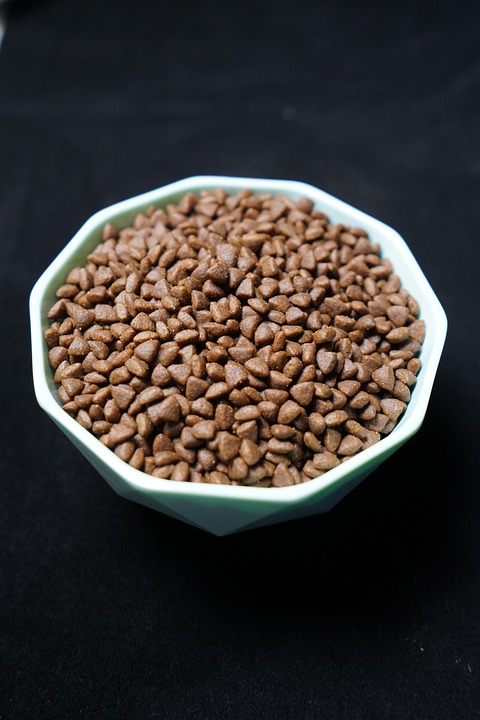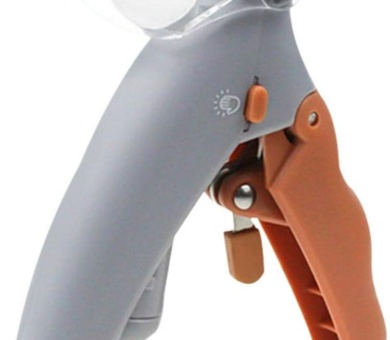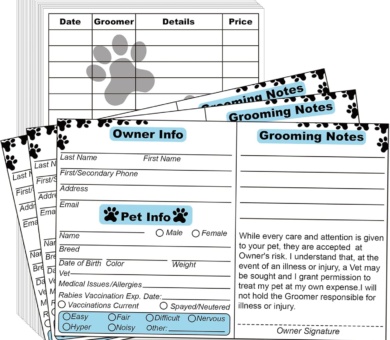Eco-Friendly Pet Grooming Tools: Sustainable Options for April 2025 and the Future
By [Your Name], Sustainability Advocate
As pet ownership continues to rise globally—with over 70% of households in the U.S. alone owning a pet—the environmental footprint of pet care products has come under scrutiny. Traditional grooming tools, often made of plastic and laden with harsh chemicals, contribute to pollution, landfill waste, and resource depletion. By April 2025, however, the pet care industry is poised to embrace a greener revolution, driven by innovation and consumer demand for sustainability. Here’s a look at the eco-friendly grooming tools shaping the future of pet care.
The Problem with Conventional Pet Grooming
Most mainstream pet grooming products rely on single-use plastics (e.g., disposable wipes, plastic brushes) and synthetic shampoos containing parabens, sulfates, and microplastics. These items not only harm ecosystems but also endanger wildlife and water systems. For instance, a 2023 study found that pet care products contribute nearly 1.2 million tons of plastic waste annually. Add to this the carbon footprint of manufacturing and shipping, and the need for sustainable alternatives becomes urgent.
Sustainable Solutions Available Now
-
Biodegradable Brushes and Combs
- Materials: Bamboo, hemp, and plant-based resins are replacing plastic. Brands like Earthly Hound and EcoPaws offer brushes with compostable handles and natural bristles.
- Certifications: Look for USDA Biobased or FSC-certified wood to ensure responsible sourcing.
-
Chemical-Free Shampoos and Wipes
- Plant-Based Formulas: Brands such as 4-Legger and WildWash use organic ingredients and biodegradable packaging.
- Waterless Options: Foam or powder shampoos reduce water use by up to 90%, ideal for eco-conscious households.
-
Energy-Efficient Dryers
- Solar-Powered Dryers: Emerging brands like GreenPet are developing dryers powered by renewable energy, cutting down on electricity use.
- Low-Energy Models: Look for dryers with ENERGY STAR ratings, which use 30% less energy than conventional models.
- Recycled and Upcycled Accessories
- Towels and Mats: Companies like P.L.A.Y. craft grooming mats from recycled plastic bottles.
- Upcycled Grooming Kits: Brands are repurposing ocean plastics into combs and nail clippers.
The Future of Eco-Friendly Grooming (2025 and Beyond)
- Compostable Waste Solutions: Startups are testing fully compostable grooming tools, such as algae-based brushes that break down in 6 months.
- Smart Tech Integration: AI-powered brushes (e.g., Petronics) will analyze coat health while minimizing water and product waste through precision sensors.
- Circular Economy Models: Subscription services for refurbished tools and “return-to-brand” recycling programs will gain traction, reducing landfill dependency.
- Lab-Grown Materials: Innovations like mushroom leather collars and bacterial cellulose brushes could redefine sustainable pet care by 2030.
Why Make the Switch?
- Healthier Pets: Natural products reduce exposure to toxins, preventing skin irritations.
- Cost Savings: Durable, long-lasting tools lower long-term expenses despite higher upfront costs.
- Planet-Friendly: Switching to one biodegradable brush saves 1.5 lbs of plastic annually per pet.
Challenges and Opportunities
While eco-friendly tools are often pricier, economies of scale and government incentives (e.g., tax breaks for sustainable businesses) are expected to lower costs by 2025. Education remains key—pet owners need guidance on proper disposal of biodegradable items and access to refill stations for shampoos.
Conclusion
The shift toward sustainable pet grooming is no longer a niche trend but a necessity. By April 2025, advancements in materials science, renewable energy, and circular design will make eco-friendly tools more accessible and effective than ever. As pet parents prioritize planetary health alongside their furry companions’ well-being, the future of pet care looks bright, clean, and green.
Join the movement: Your pet’s next bath could help save the planet. 🌍🐾
Sources: EPA, Pet Sustainability Coalition, 2023 Global Pet Care Market Report.









